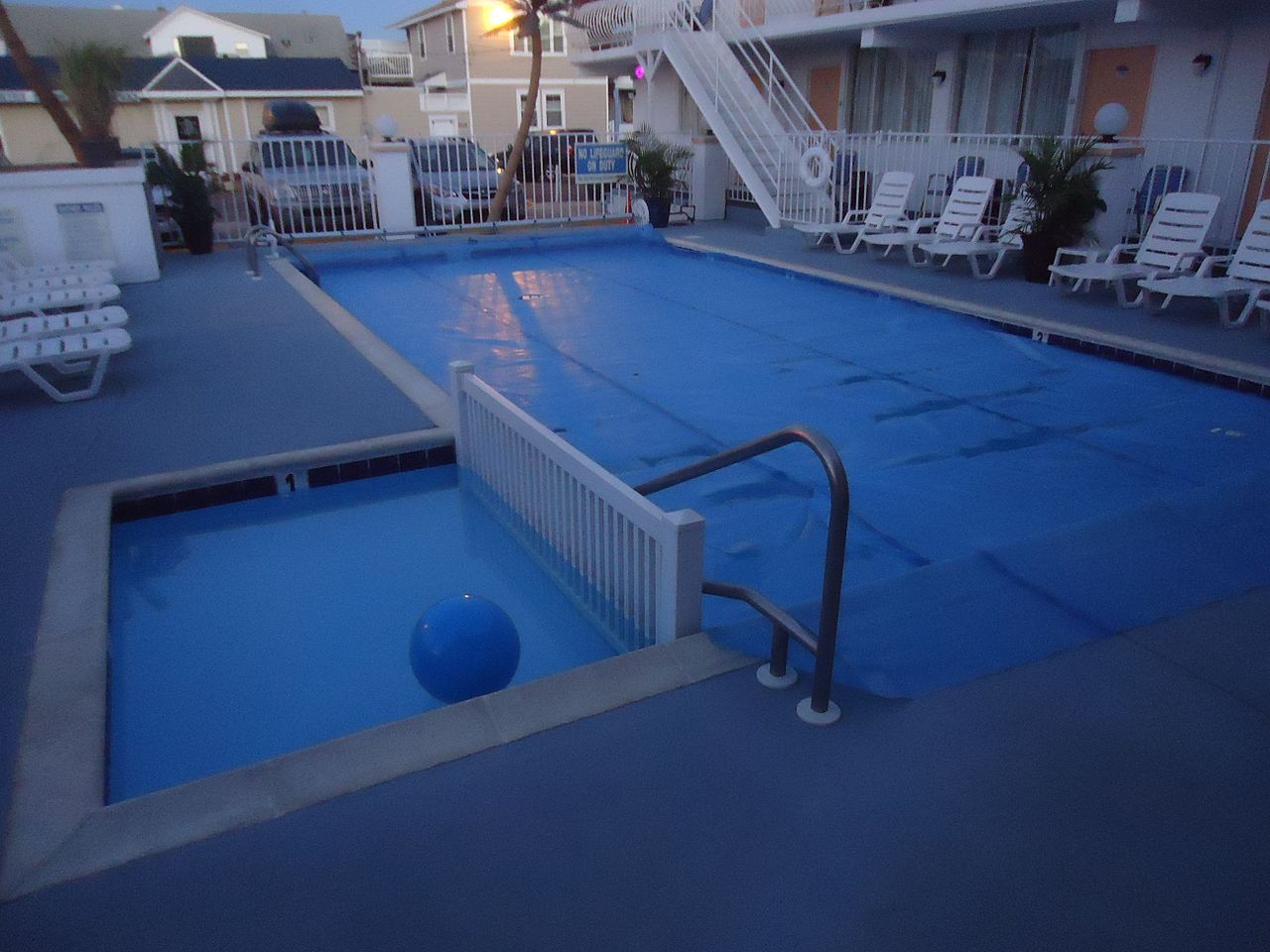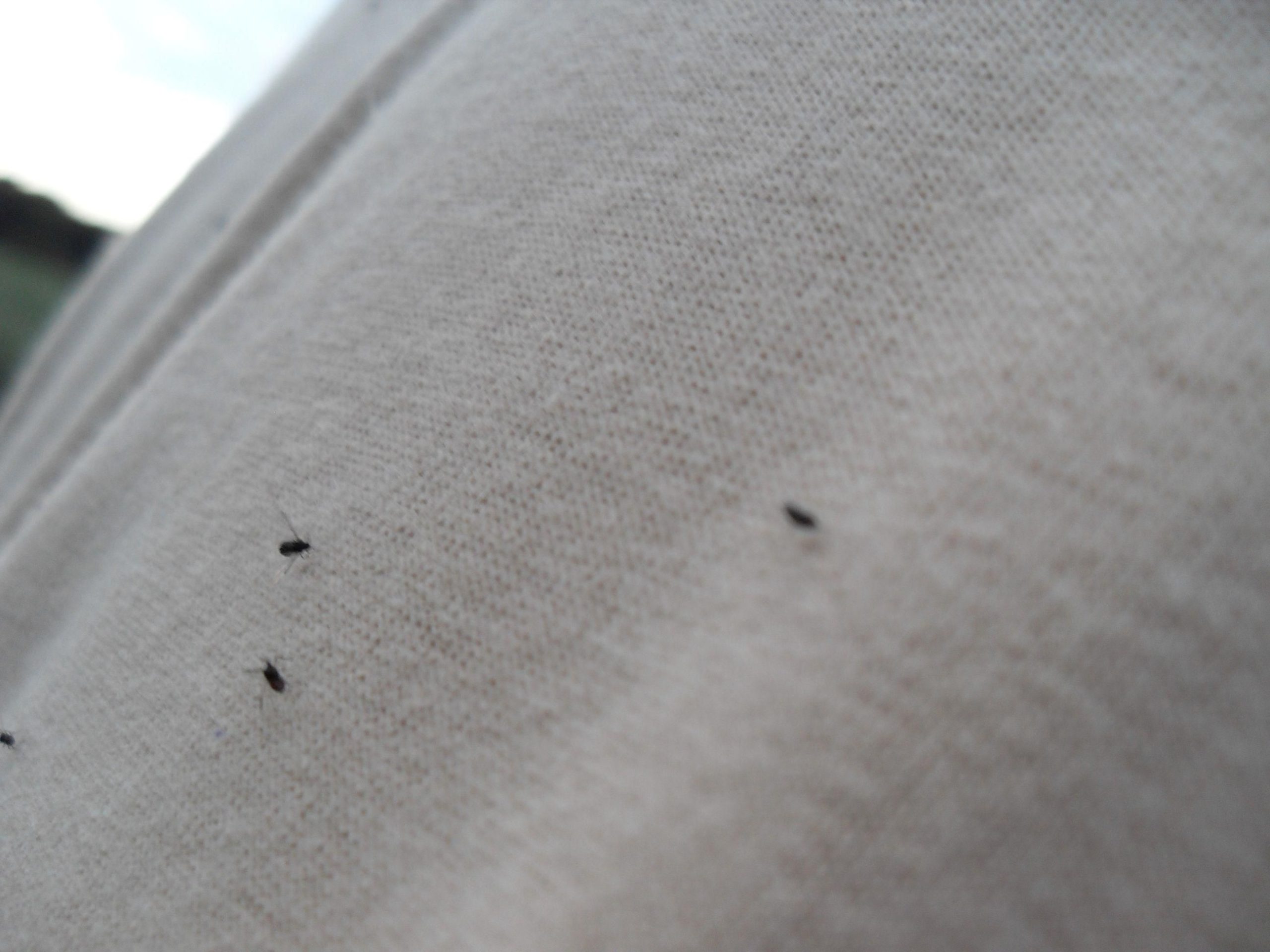Many people enjoy using pools for different purposes that interest them, but a small part of them know that pools in New Jersey must follow some sanitary rules. These codes are enforced by the state in order to ensure the safety and rights of the users are not violated.
These facilities can be made of concrete or fiberglass. When fiberglass is preferred it should be coated with materials that do not support rust and stains. Usually, epoxy and porcelain are used to serve this function. Even though pools made of steel have many advantages, it is hardly used in making portable ones.
Swimming facilities are classified as either public or private. Public recreational facilities have no restriction of usage as far as one abides by the laid down regulations. The private ones are either owned by an individual or institutions. There are restrictions from using them if you are not a member.
High levels of sanitation are usually maintained around these containers. This is done with the aim of keeping the harmful microbes away. It is done by the provision of both saltwater chlorine generators and a top-of-the-line pool chemical program. Mostly in above-ground swimming pools, two kinds of chlorine generators are used, one mainly hangs above the wall of the pool while the other one is plumbed in the filter system.
In many cases, the above-the-ground suspended ones are supplied with two boxes of pool chemicals. There is a start-up kit that aids in keeping the pool water balanced and a monthly kit to maintain chemicals all along. The provision of filters at the entrance of water to the pool is used to keep all the unwanted debris away from these facilities.
Safety is also ensured by using covers. This is commonly practiced by those who own pools in New Jersey. Apart from keeping the unwanted debris away, it also helps to curb the drowning of pets and children. Covers can also maintain the temperature of water by preventing heat gain or heat loss to the water. This, however, varies with the different materials used.




